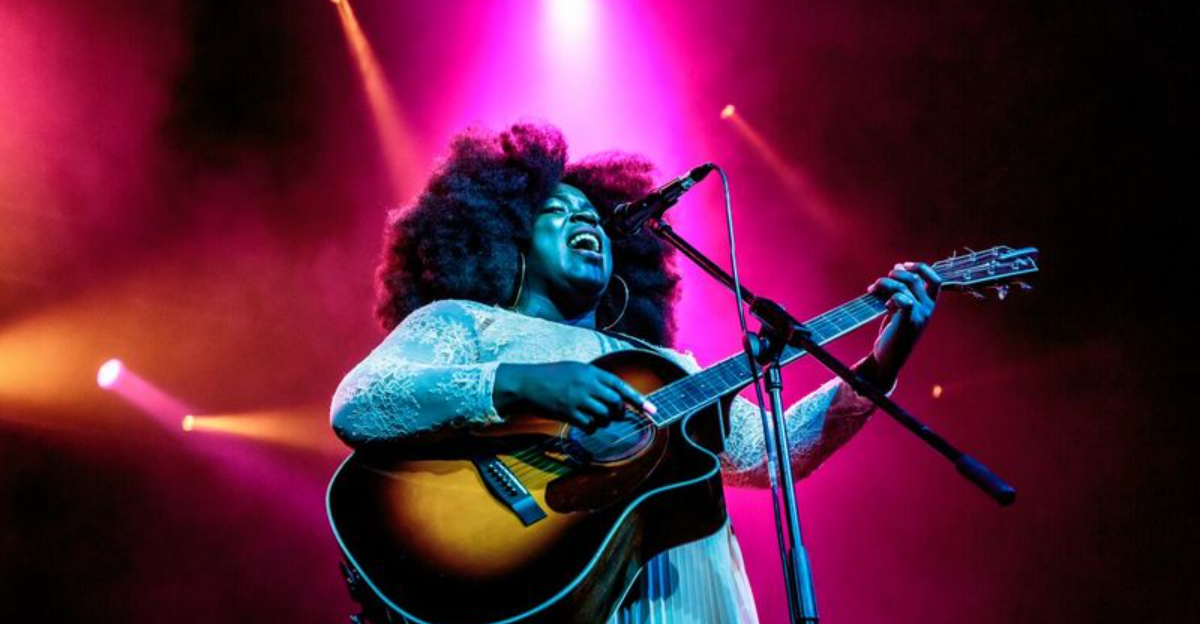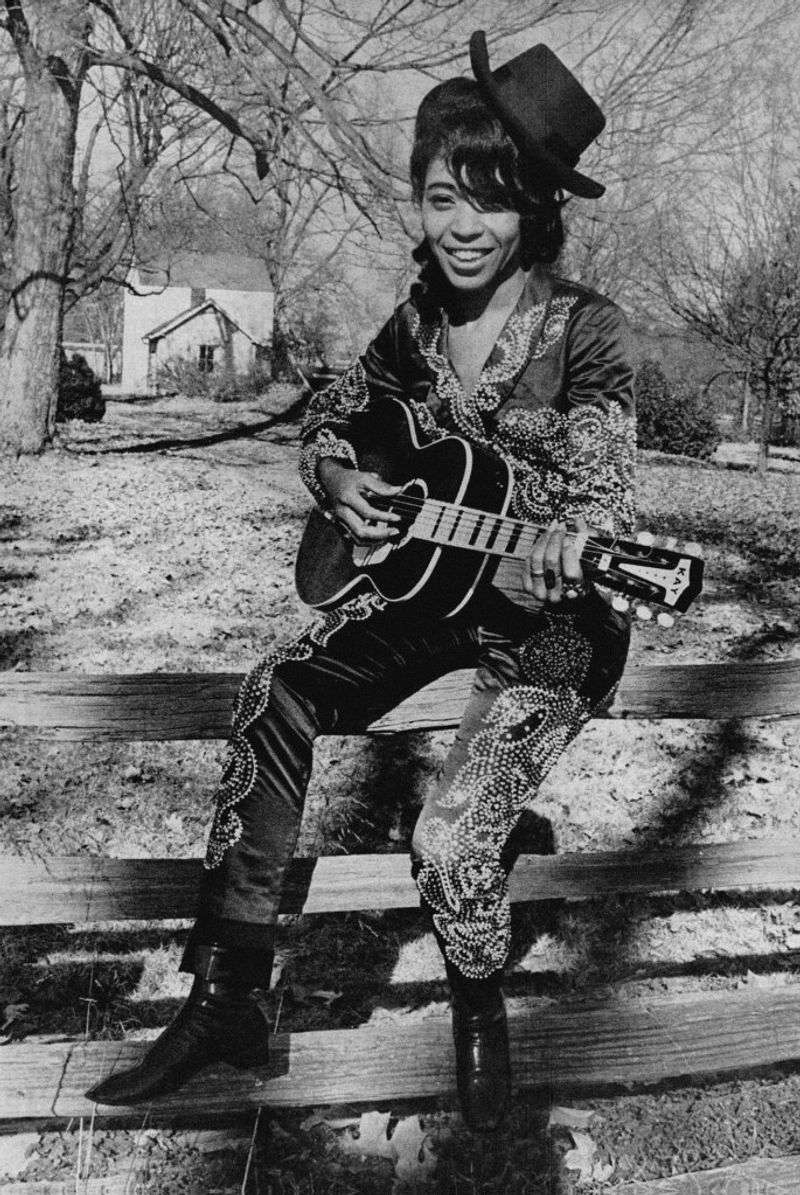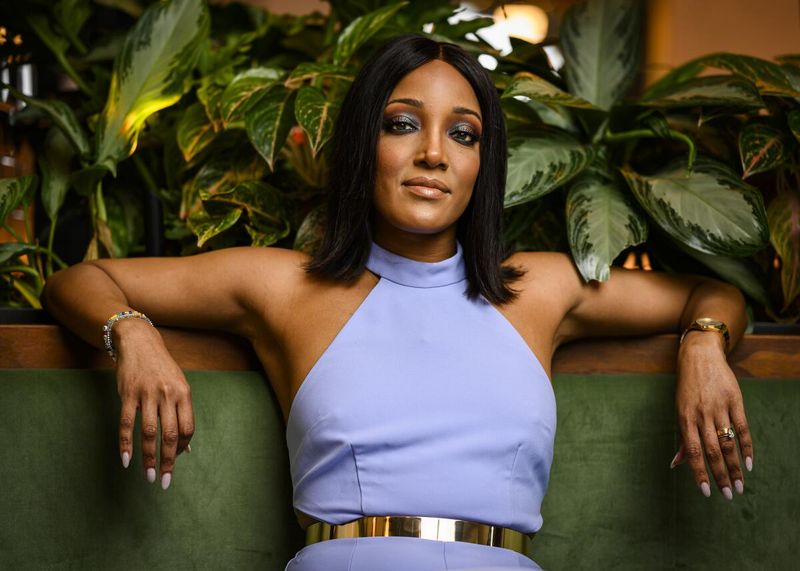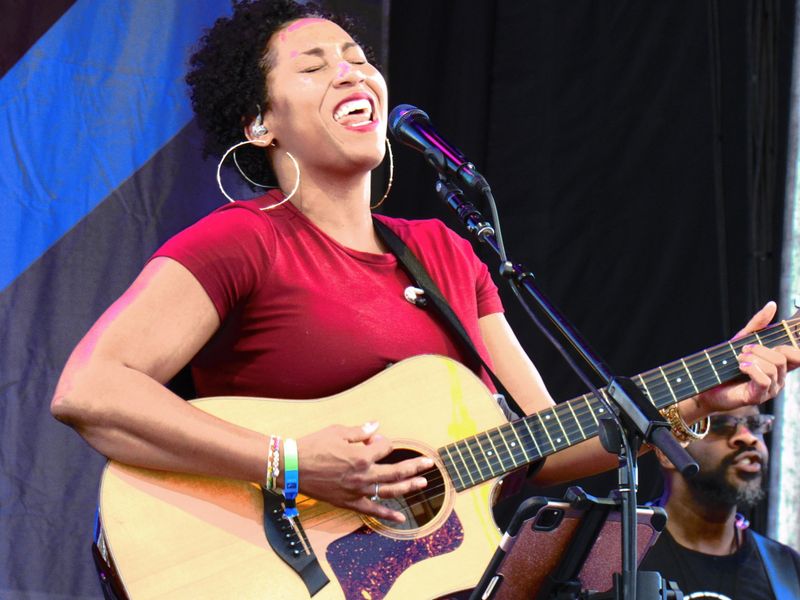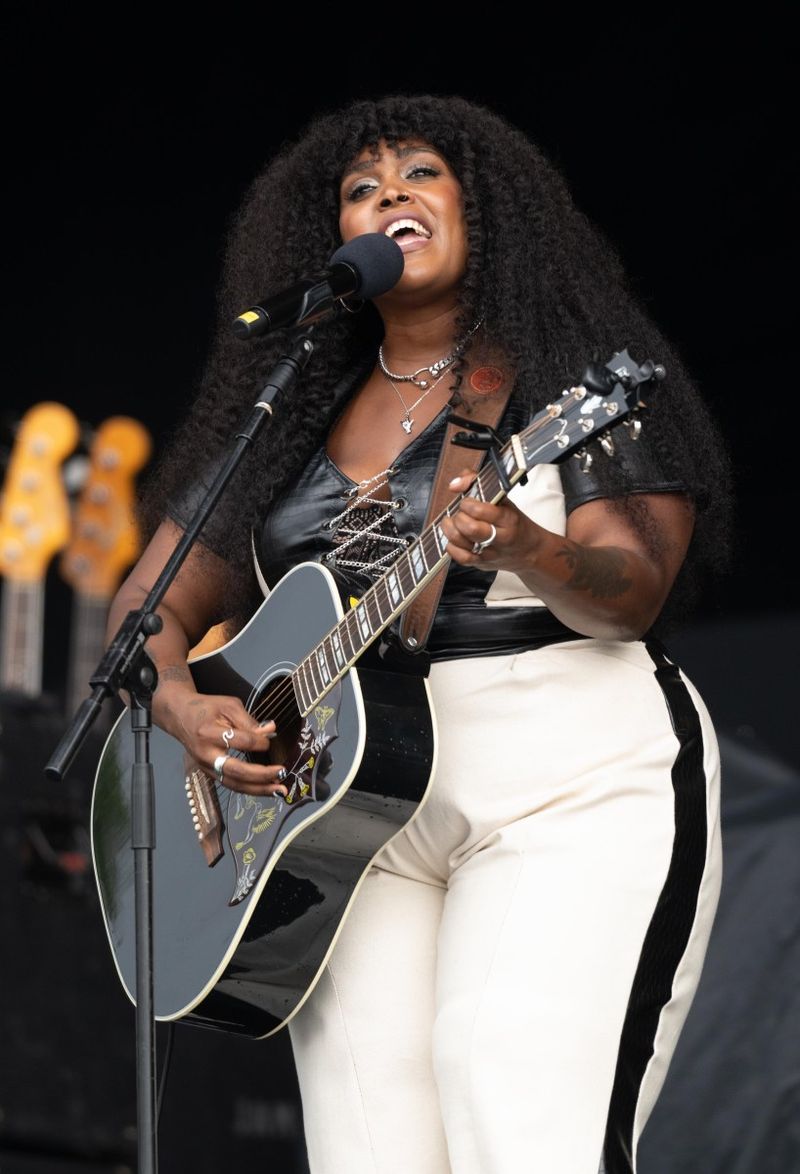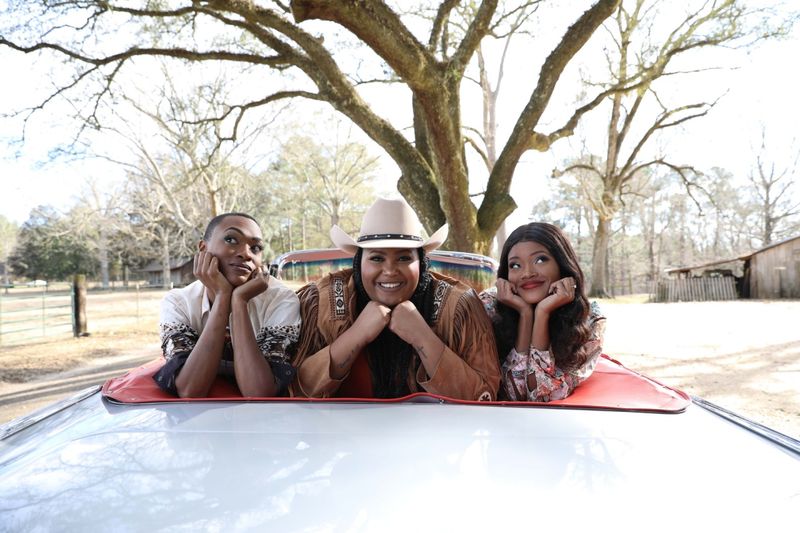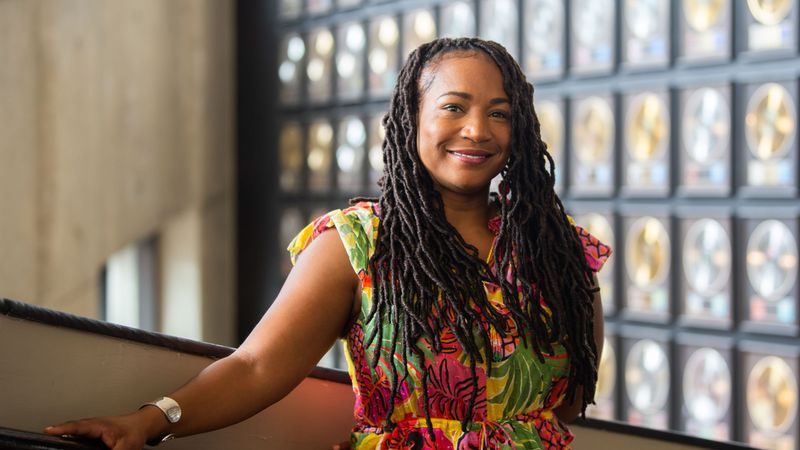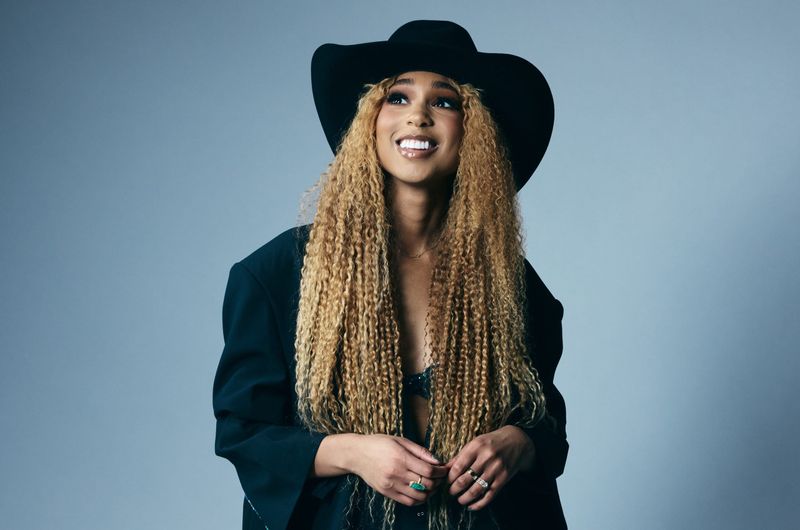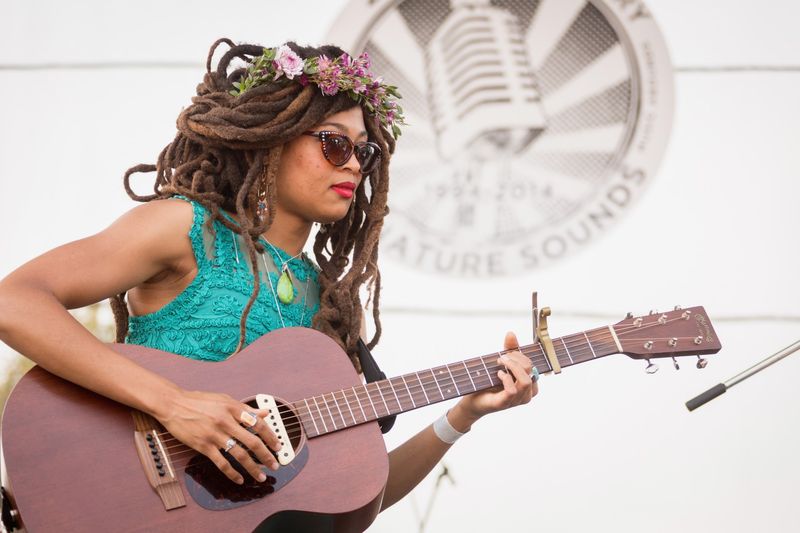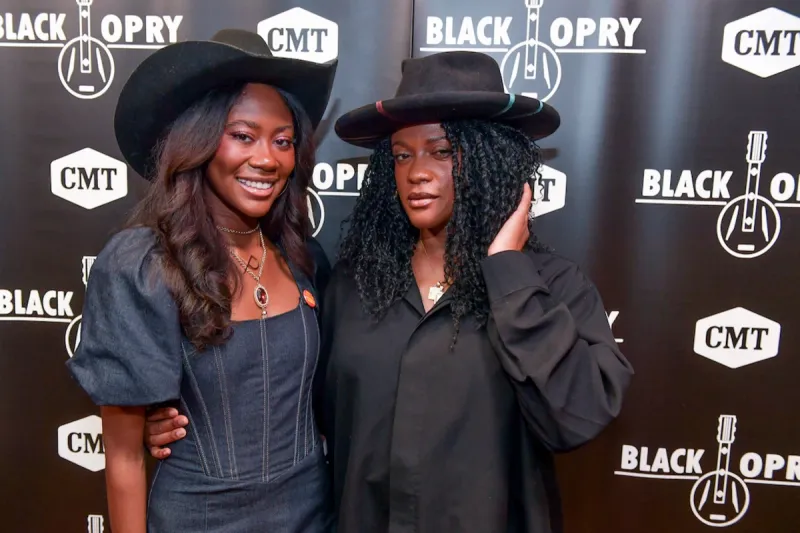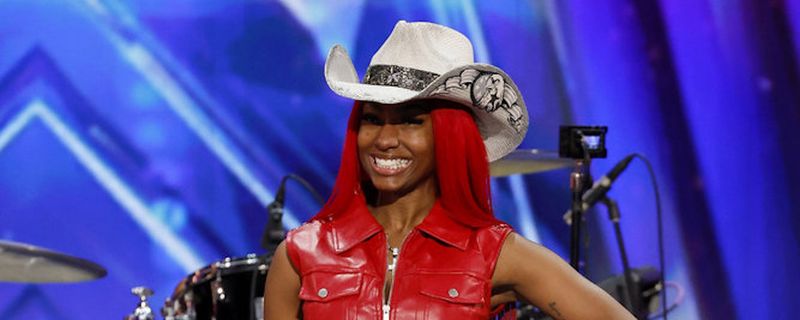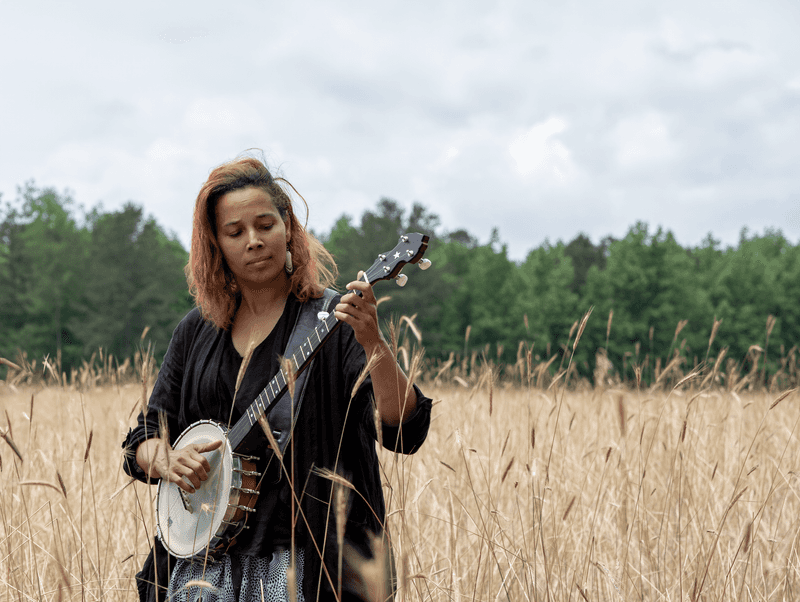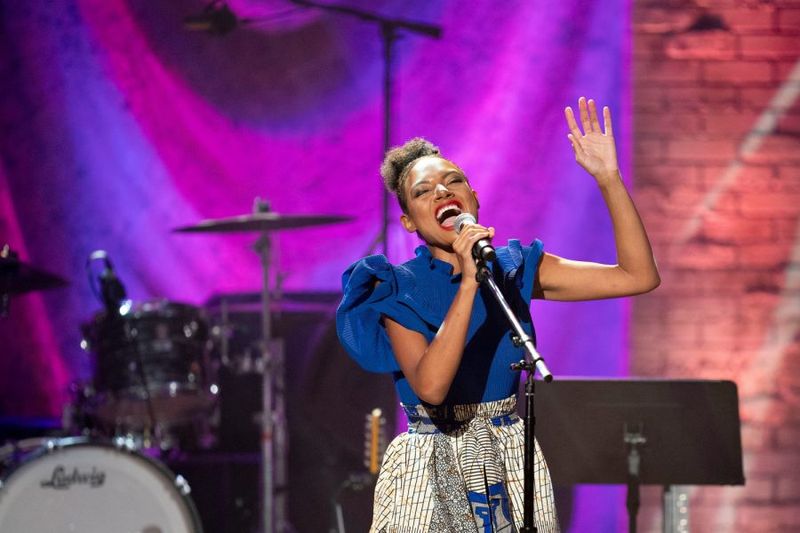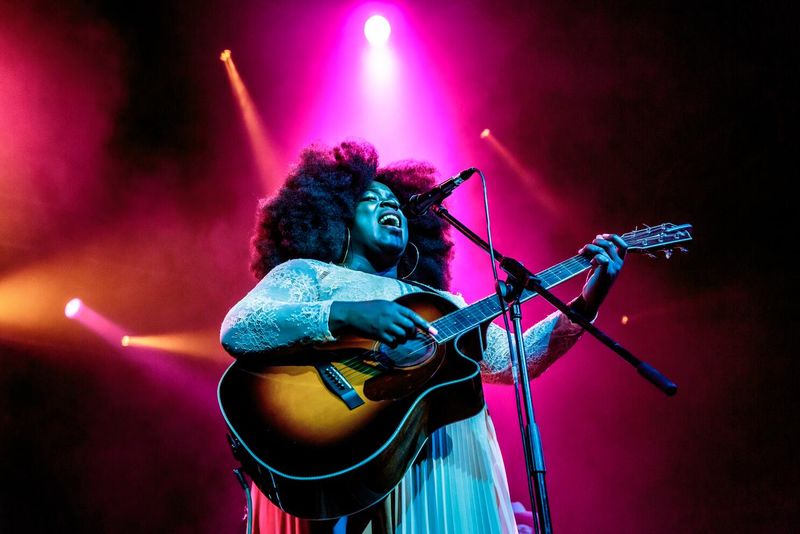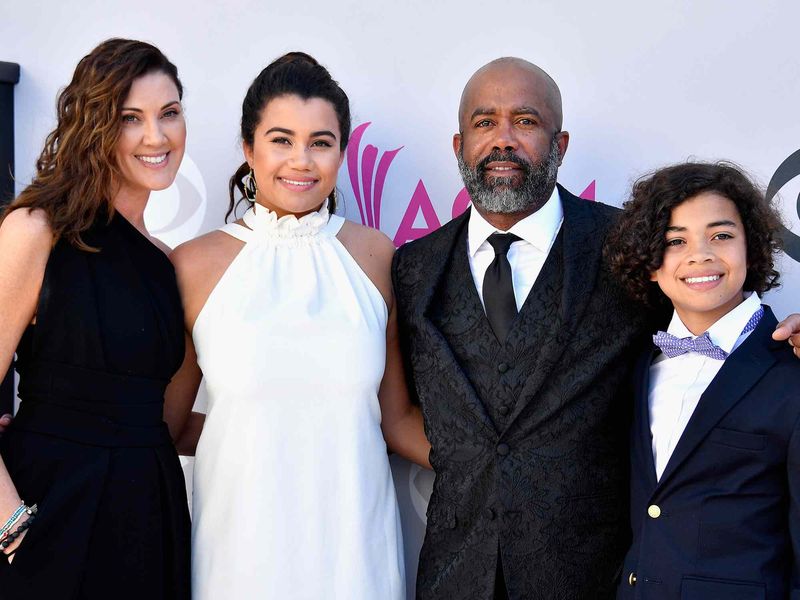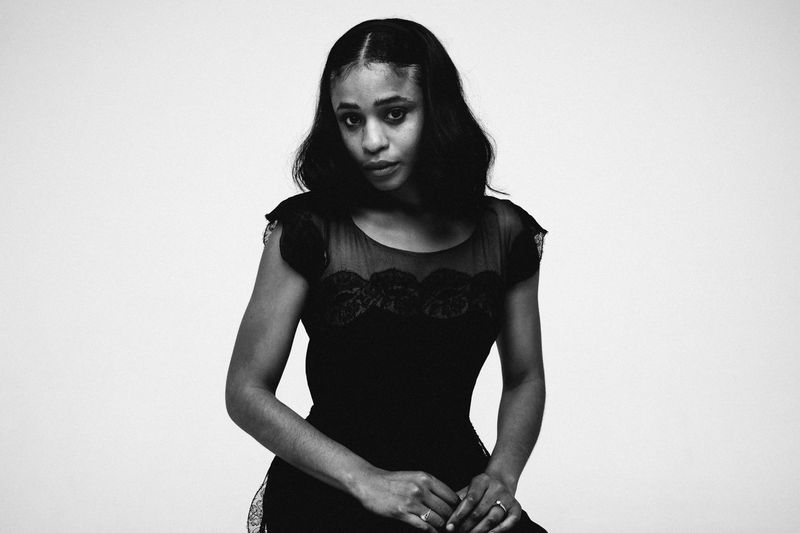Country music’s rich tapestry includes powerful voices that have often been overlooked in mainstream narratives. Black women have made profound contributions to the genre, bringing unique perspectives and extraordinary talent to country’s traditional sounds. Though historically underrepresented, these artists have persevered, creating pathways for future generations while delivering unforgettable music that resonates with fans worldwide.
1. Linda Martell: The Original Trailblazer
In 1969, Linda Martell shattered the country music ceiling when she became the first Black woman to perform solo at the Grand Ole Opry. Her stunning voice and determination opened doors that had long been closed to artists who looked like her.
Though her career faced unjust barriers, Martell’s album “Color Me Country” remains a treasured classic that showcases her incredible vocal range and emotional depth. Her legacy continues to inspire a new generation of artists seeking to honor her pioneering spirit.
2. Mickey Guyton: Grammy-Nominated Powerhouse
“What are you gonna tell her?” Mickey Guyton asked in her breakthrough song, forcing country music to confront its troubled relationship with race and gender. Since then, she’s become one of country’s most important voices, earning Grammy nominations and critical acclaim.
Her powerful anthem “Black Like Me” arrived during 2020’s racial reckoning, proving country music could indeed address social justice. With her rich, emotive vocals and unflinching honesty, Guyton continues breaking barriers while staying true to country’s storytelling tradition.
3. Rissi Palmer: The Chart-Breaking Pioneer
Rissi Palmer made history in 2007 when “Country Girl” reached Billboard’s Hot Country Songs chart—the first Black woman to achieve this feat in 20 years. Her smooth vocals blend traditional country with R&B influences, creating a sound uniquely her own.
Beyond her musical achievements, Palmer hosts the groundbreaking radio show “Color Me Country,” spotlighting artists of color who have been marginalized in the genre. Her dedication to preserving this heritage while crafting her own musical legacy makes her doubly influential in today’s country landscape.
4. Brittney Spencer: The Viral Sensation
A chance cover of The Highwomen’s “Crowded Table” catapulted Brittney Spencer from relative obscurity to country music’s radar overnight. Her crystalline voice and authentic approach to songwriting quickly earned her spots touring with Jason Isbell and opening for Willie Nelson.
Spencer’s music weaves elements of gospel, soul, and traditional country into a tapestry that feels both fresh and familiar. With songs like “Compassion” and “Sober & Skinny,” she demonstrates a rare gift for storytelling that cuts straight to the heart without sacrificing musical complexity.
5. Chapel Hart: The Family Trio Sensation
Straight out of Mississippi, sisters Danica and Devynn Hart and their cousin Trea Swindle form Chapel Hart—a powerhouse trio that blends country, gospel, and soul into something magical. Their America’s Got Talent performance of “You Can Have Him, Jolene” earned them Dolly Parton’s personal praise.
The group’s harmonies feel effortless, born from familial connection and years of singing together. Their album “The Girls Are Back In Town” showcases their ability to honor country traditions while bringing fresh energy and perspective to a genre they clearly love.
6. Miko Marks: The Resilient Comeback Queen
After releasing two albums in the mid-2000s, Miko Marks faced the industry’s closed doors and stepped away from music. Her triumphant 2021 return with “Our Country” proved her voice had only grown more powerful during her hiatus.
Marks brings bluesy grit and soulful depth to country traditions, creating music that feels both timeless and urgent. Her song “We Are Here” serves as both personal testimony and universal anthem. Having overcome industry obstacles through sheer determination, she represents the persistence required of Black women in country music.
7. Tiera Kennedy: Nashville’s Fresh Voice
Named to CMT’s Next Women of Country class, Tiera Kennedy brings youthful energy and contemporary sensibilities to traditional country foundations. Her self-titled EP showcases a voice that can shift effortlessly from tender vulnerability to confident power.
Kennedy’s modern approach incorporates R&B-influenced production while maintaining country’s storytelling heart. Songs like “Found It In You” highlight her warm tone and authentic songwriting. With major label support and growing radio presence, she represents a new generation of Black women finding space in country’s mainstream.
8. Valerie June: The Roots Music Visionary
Though her music defies simple categorization, Valerie June’s Appalachian influences and storytelling traditions firmly connect her to country’s foundations. Her distinctive, otherworldly voice seems to channel something ancient and mysterious.
June’s approach blends folk, soul, blues, and country into a sound uniquely her own. Albums like “The Order of Time” showcase her gift for creating atmospheric, deeply personal music that still honors traditional forms. Her success across multiple genres has helped expand notions of what country-influenced music can be.
9. O.N.E The Duo: Hip-Hop Meets Honky Tonk
Mother-daughter duo Tekitha and Prana Supreme bring a fascinating backstory to Nashville—mom was the Wu-Tang Clan’s vocalist before they reinvented themselves as a country act. Their harmonies carry genetic magic that’s impossible to manufacture.
Songs like “Stuck in the Middle” showcase their ability to honor country traditions while bringing fresh perspectives. Their journey represents country’s growing diversity and the genre’s historical connections to Black musical traditions. With stunning visuals and undeniable talent, they’re helping reshape country’s future.
10. Reyna Roberts: The Fiery Newcomer
With her flame-red hair and powerhouse vocals, Reyna Roberts makes an unforgettable first impression. Her breakthrough single “Stompin’ Grounds” showcases her remarkable range and confidence, earning her spots on prestigious “artists to watch” lists across the industry.
Roberts brings athletic energy to her performances, informed by her background as a competitive gymnast. Her sound embraces both traditional country elements and contemporary production touches. As a Black woman openly celebrating her love for country music’s traditions, she represents the genre’s more inclusive future.
11. Rhiannon Giddens: The Historical Excavator
Armed with a banjo and extraordinary vocal prowess, MacArthur “Genius” Grant recipient Rhiannon Giddens has dedicated her career to uncovering forgotten Black contributions to American roots music. Her classical training combines with deep historical research to create music of remarkable depth.
Though often categorized as folk or Americana, Giddens’ work illuminates the Black foundations of country music. Albums like “Freedom Highway” and “They’re Calling Me Home” demonstrate her ability to make historical material feel urgently contemporary. Few artists have done more to reclaim Black artists’ rightful place in country’s lineage.
12. Allison Russell: The Poetic Storyteller
Grammy-nominated Allison Russell creates music that defies easy categorization while drawing deeply from country traditions. Her critically acclaimed album “Outside Child” transforms personal trauma into universal art through stunning songcraft and her honeyed, expressive voice.
Russell’s music incorporates elements of folk, gospel, blues, and traditional country. The clarinet—uncommon in country settings—adds distinctive texture to her sound. Through vulnerable, poetic lyrics and captivating performances, she demonstrates how country music can address difficult subjects with beauty and grace.
13. Yola: The Genre-Defying Powerhouse
British-born Yola brings international perspective and extraordinary vocal range to Americana and country traditions. Her breakthrough album “Walk Through Fire” and follow-up “Stand For Myself” showcase her ability to channel classic country, soul, and ’70s pop into something timeless yet fresh.
Collaborations with The Highwomen and her role portraying Sister Rosetta Tharpe in Baz Luhrmann’s “Elvis” have further cemented her connection to American roots music. Her powerful voice can whisper intimate confessions or deliver roof-raising crescendos with equal conviction, making her one of music’s most versatile performers.
14. Darius Rucker’s Daughters: The Next Generation
While not yet recording artists themselves, Daniella and Carolyn Rucker represent country music’s potential future. As daughters of trailblazing country star Darius Rucker (who broke barriers as a Black male country artist), they’ve grown up immersed in Nashville’s music scene.
Darius has mentioned his daughters’ musical talents in interviews, suggesting they may someday follow in his footsteps. Their potential entry into country music would continue a legacy of representation. As young Black women with direct connections to country’s establishment, they symbolize hope for continued progress in the genre.
15. Adia Victoria: The Gothic Southerner
Adia Victoria describes her music as “Gothic Blues,” but her exploration of Southern identity and traditions connects deeply to country’s foundations. Raised in South Carolina and now based in Nashville, she brings literary depth and unflinching honesty to her songwriting.
Albums like “Silences” and “A Southern Gothic” examine complicated relationships with Southern heritage through a Black woman’s perspective. Victoria’s hauntingly beautiful voice and atmospheric production create soundscapes that feel both experimental and rooted in tradition. Her work expands notions of what country-adjacent music can address.
